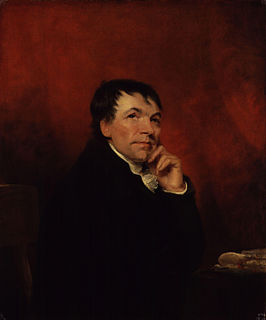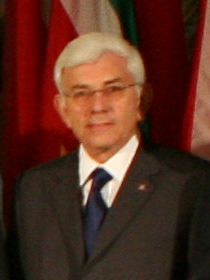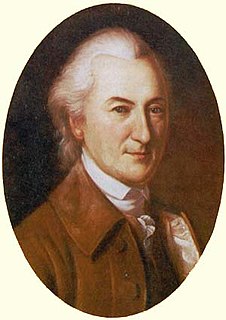A Quote by John Philpot Curran
It is the common fate of the indolent to see their rights become a prey to the active.
Related Quotes
One of the movements we have developed is to say that, just as intellectual property rights protect the inventions of individuals, common rights are needed to protect the common intellectual heritage of indigenous peoples. These are rights that are recognized through the Convention on Biological Diversity. We are working to make sure that they become foundations of our jurisprudence.
Nature has poured forth all things for the common use of all men. And God has ordained that all things should be produced that there might be food in common for all, and that the earth should be in the common possession of all. Nature created common rights, but usurpation has transformed them into private rights.
We in the small developing countries are beginning to understand that our own citizens share a common fate requiring the active role of government to ensure that every citizen has a chance and means to participate productively within the society and to curb society's dangerous encroachment on the physical environment.
As in forming a political society, each individual contributes some of his rights, in order that he may, from a common stock of rights, derive greater benefits, than he could from merely his own; so, in forming a confederation, each political society should contribute such a share of their rights, as will, from a common stock of these rights, produce the largest quantity of benefits for them.
Fate is a misplaced retreat. Many people rationalize an unexplained event as fate and shrug their shoulders when it occurs. But that is not what fate is. The world operates as a series of circles that are invisible, for they extend to the upper air. Fate is where these circles cut to earth. Since we cannot see them, do not know their content, and have no sense of their width, it is impossible to predict when these cuts will slice into our reality. When this happens, we call it fate. Fate is not a chance event but one that is inevitable, we are simply blind to its nature and time.



































